An interesting trend has emerged among Android users switching to iPhone, with most buyers opting for affordability over features.
A recent analysis by Consumer Intelligence Research Partners (CIRP) reveals that a notable segment of iPhone buyers, comprising of about 15% of total buyers in a given quarter, are former Android users. These switchers gravitate towards older iPhone models rather than the latest offerings.
The data, spanning 12 months up to December 2023, indicates that 29% of these switchers opted for the iPhone SE, iPhone 12, or iPhone 13 models, compared to 21% of existing iPhone users who upgraded to the same. It's also noteworthy to consider the purchasing patterns of Android users towards the higher-end iPhone models.
While Android switchers were less inclined towards the top-tier models, a notable portion still purchased them. Specifically, in the analysis of iPhone 14 and 15 Pro and Pro Max models in 2023, it was found that 37% of Android switchers opted for these premium versions, in contrast to 43% of existing iPhone users.
Two primary factors appear to drive this trend. First, many Android switchers use less expensive Android devices, making transitioning to similarly priced iPhones a more comfortable financial decision. Second, the allure of entering Apple's "walled garden," with its exclusive features like iMessage and FaceTime, provides a perceived value that doesn't require the latest and most expensive iPhone.
The behavior of Android switchers challenges the notion that the latest and greatest technology is always the most desirable. Instead, it highlights a pragmatic approach to smartphone adoption, where value and functionality precede owning the newest models.
 Andrew Orr
Andrew Orr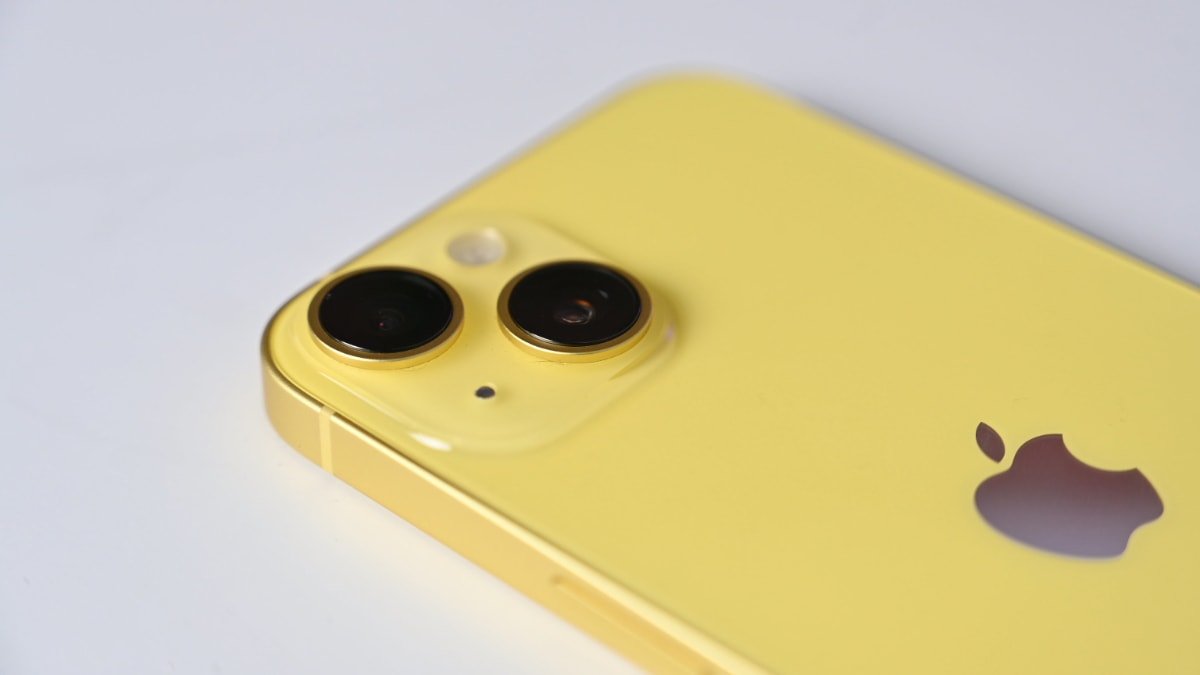
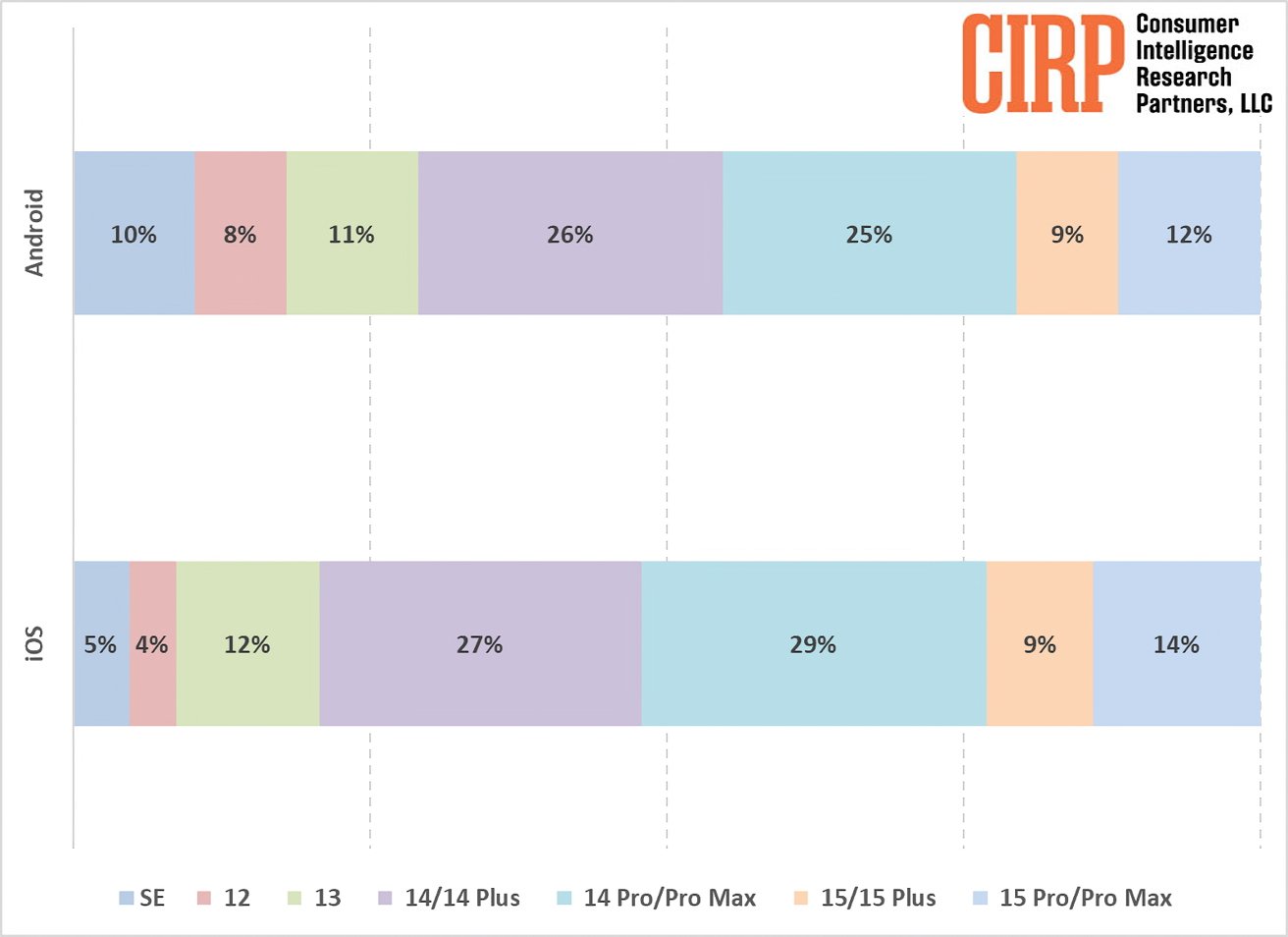


 Marko Zivkovic
Marko Zivkovic

 Wesley Hilliard
Wesley Hilliard
 Malcolm Owen
Malcolm Owen

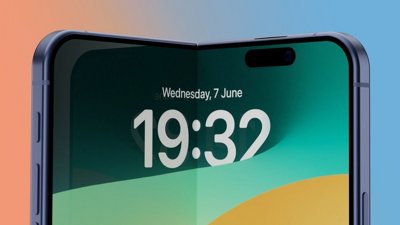
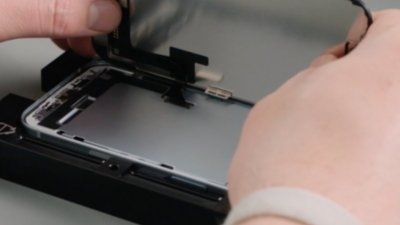
 William Gallagher
William Gallagher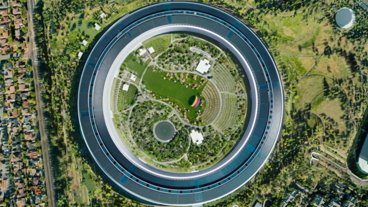
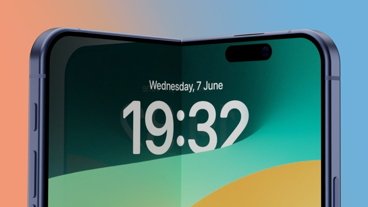
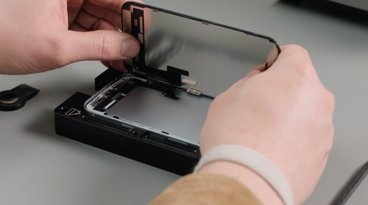
-m.jpg)






4 Comments
android users want affordability? wheres the news??
Value in the initial cost is understandable, but TCO is more important when it can be determined.
It's fair to say the latest and greatest is always the most desirable. The problem is if it is the most affordable, which it isn't.
In the purely Android world, the same dynamic plays out. Many users opt for the 'affordable' options in percentage terms.
The big difference is that there is much more choice in terms of what bang you get for your buck.
As Android phones are usually updated far more frequently, the chances of hitting the sweet spot on new technologies vs price are higher.
There is also far more opportunity for bundled deals and discounting to sweeten the deal.
The CIRP summary says that Android switchers represent a 'small but consistent' group, and this poll is limited to US based consumers, so without some absolute numbers and a description of the sample, it's difficult to compare.
I tend to upgrade at regular intervals or as-needed. If I need a new phone in the middle of an iPhone release cycle, when the next release models are at Peak Rumor stage, I'll simply buy the best current generation model. I won't wait for the rumors to play out. Unless you're on a yearly refresh plan, by contract or by desire, you're eventually going to be using an n-1, n-2, n-3, etc., model anyway. Because it's an iPhone, it holds its value longer and a year or two or even three year old model it's still going to be a nice ride in a premium seat. The iPhone 13 and 14 models are still exceptionally good phones for very large number of users, whether the user is already committed to Apple or coming over from Android.
Additionally, over the past several iPhone release cycles the one area that gets the biggest differentiating year over year upgrade is usually the camera subsystem. Unless you're using the iPhone camera as a tool for your work or hobby, the previous couple of still-available iPhone models are still excellent devices, including their cameras. I only use my iPhone camera as a point & shoot camera and for convenience, like taking pictures of receipts. The most compelling new features for me to upgrade are battery life and better connectivity. I did have one, an iPhone 11, that completely died and could not be resurrected, even by Apple, which forced an off-cycle upgrade. Since the iPhone 6 Plus I've never been disappointed with any iPhone's screen, camera, or built-in feature set. But truth be told, the last iPhone upgrade that totally blew me away was going from a 4s to a 6+. Since then, for the most part, the incremental improvements have been relatively minor. My upgrade from iPhone Xs Max to iPhone 14 Pro Max hasn't really been all that exciting so far. It's a great phone, I like the Standby Mode a lot, and it adds a bit more ballast to my pants, but it's just ok and not mind blowing. YMMV, especially if you're a photographer, video geek, or gamer.
Who knows, going forward the camera-heavy upgrade pattern may change due to new AI related capabilities that can only be fully supported by the latest and greatest model or n-1 model. Or maybe Apple will come out with a miraculous new battery technology that can allow your iPhone to operate for a week or more between charges.